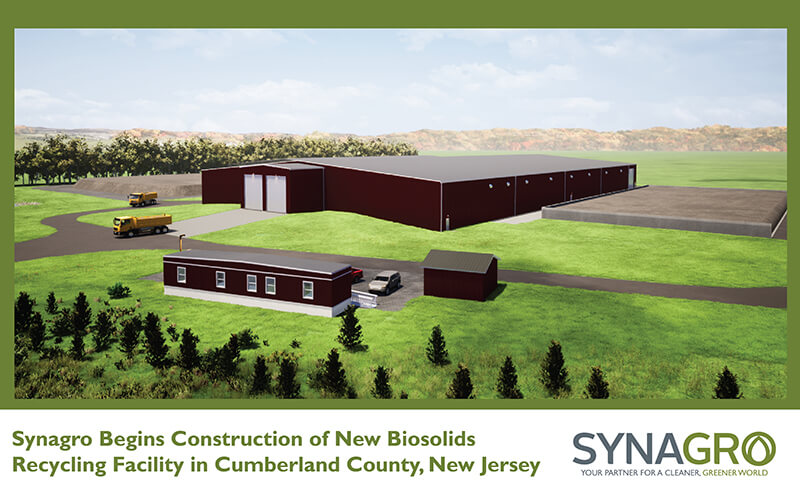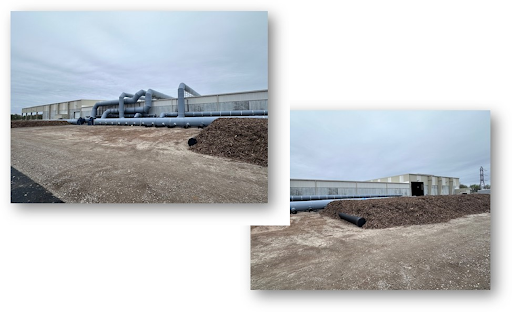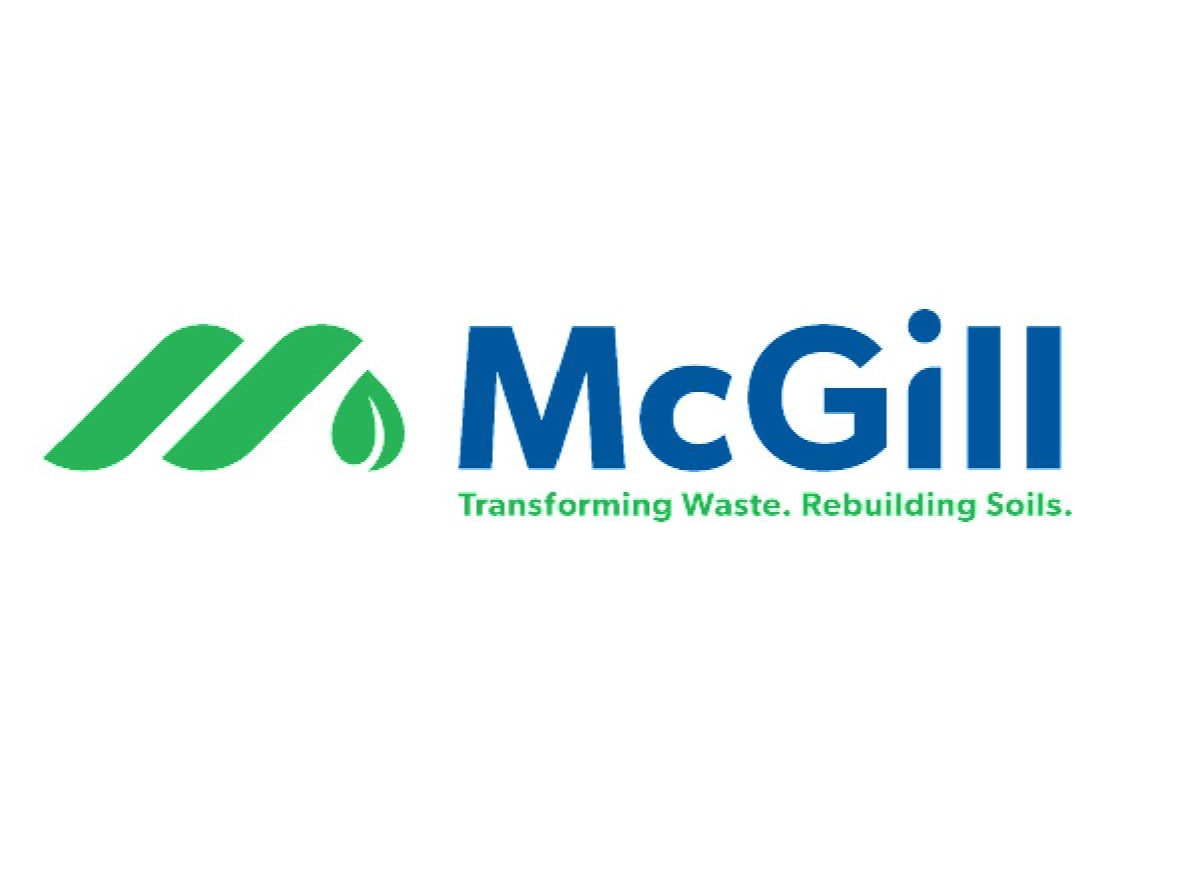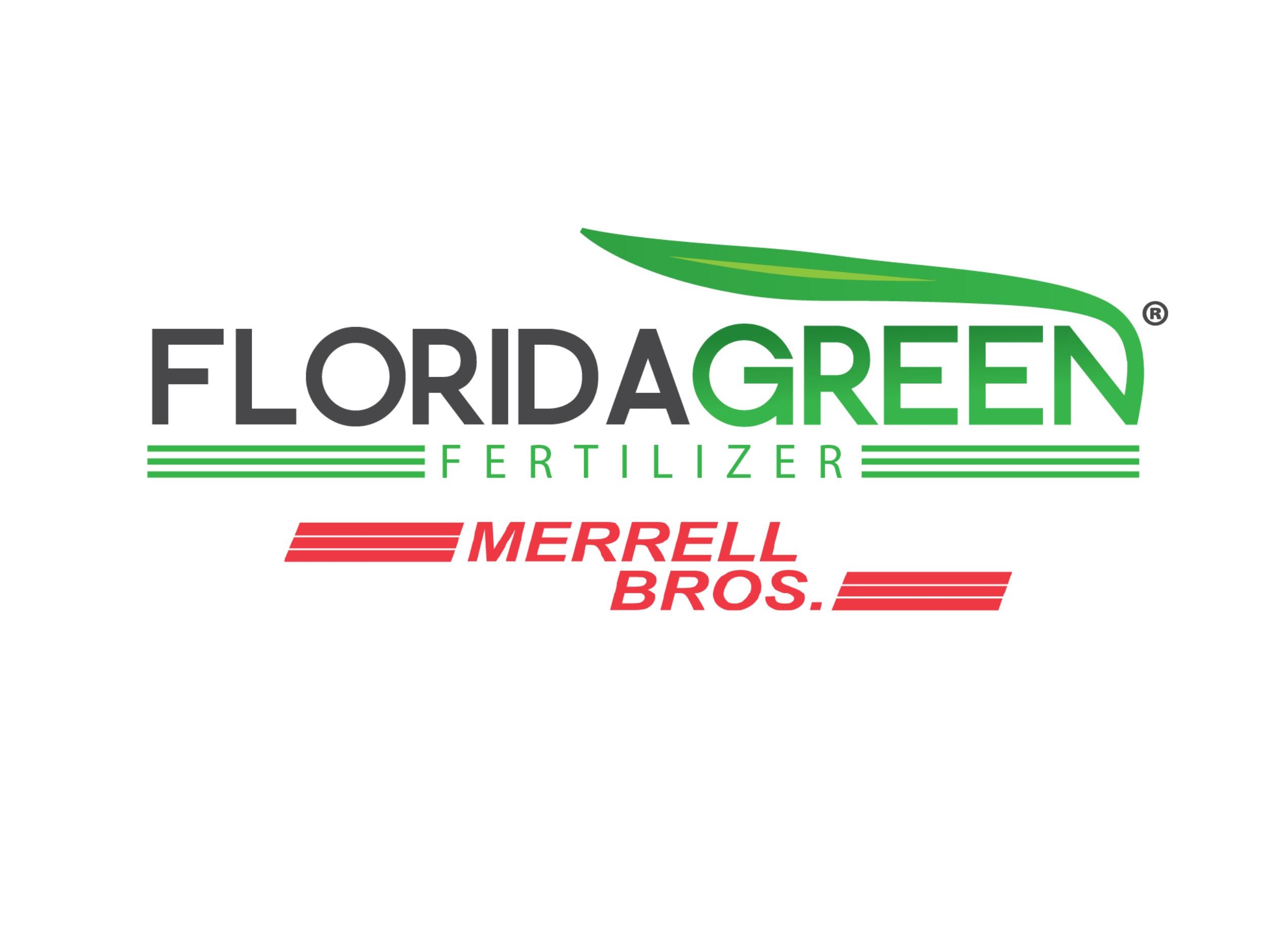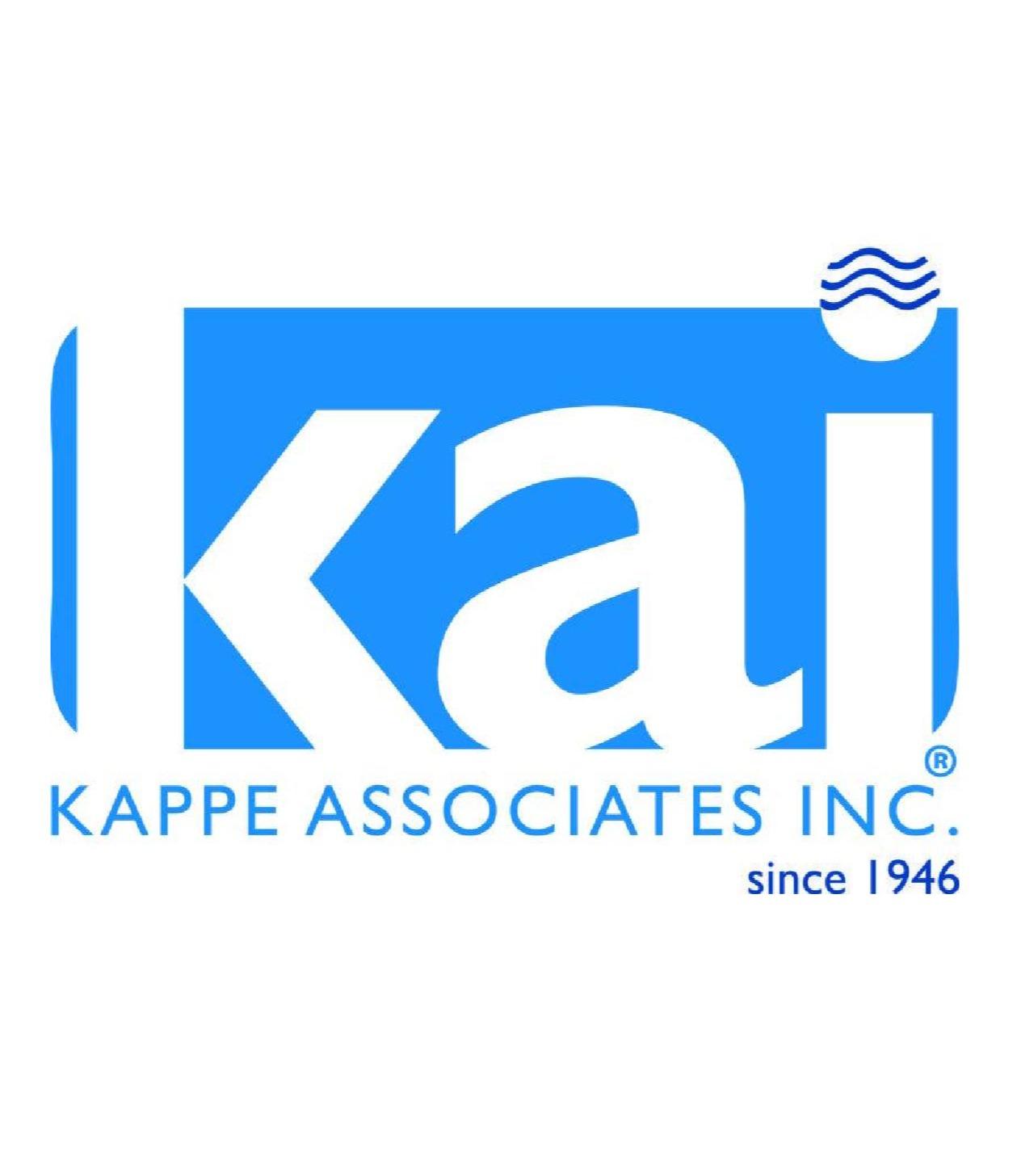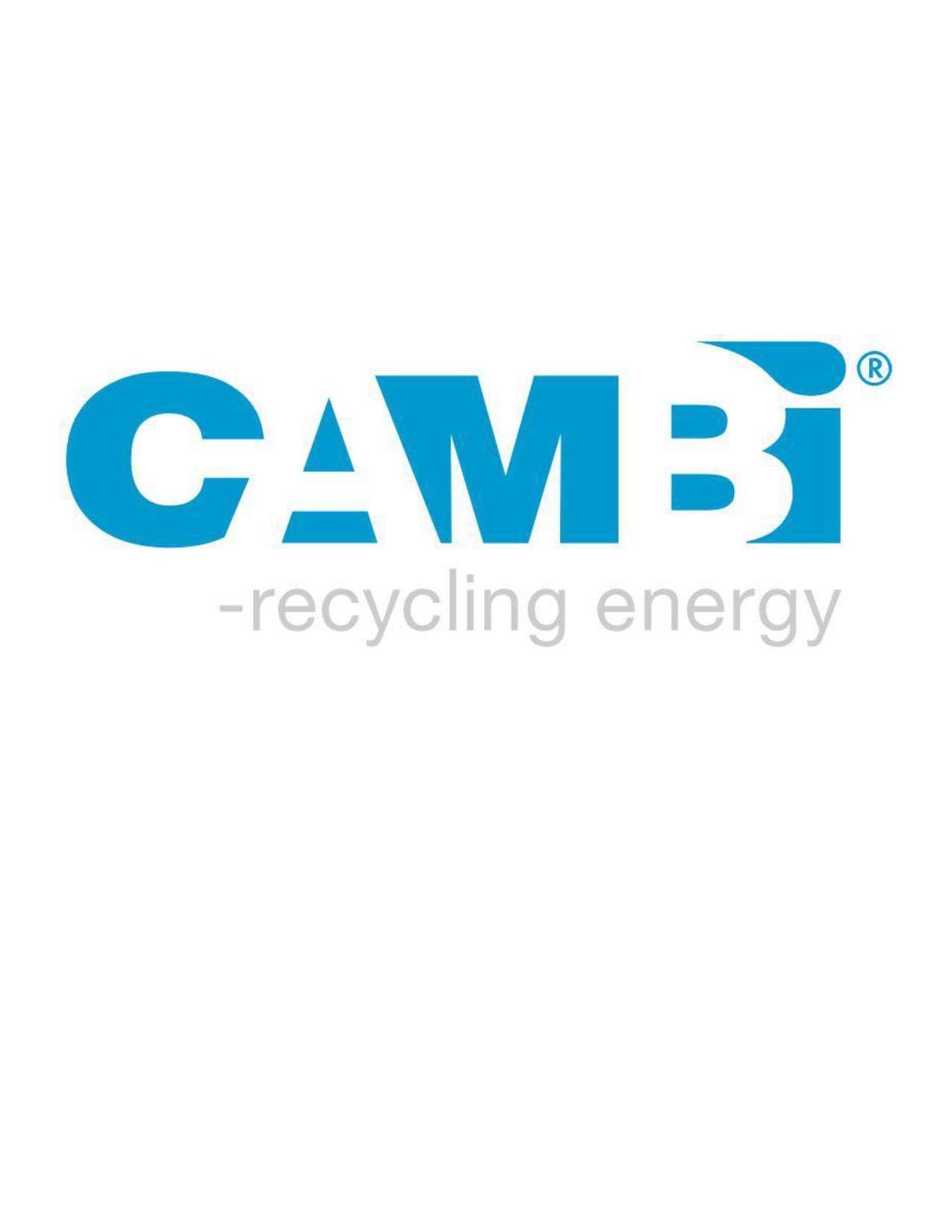- Login
- Home
- MABA
- MABF
- What's New
- Events
- Resources
- Biosolids Advocacy Fund
- Contact Us
|
April 2024 - MABA Biosolids Spotlight Provided to MABA members by Bill Toffey, Effluential Synergies, LLC New Biosolids Compost Facilities The stunning development in biosolids in the Mid-Atlantic region in Spring 2024 is the near completion of two significant composting facilities. These are the Synagro Cumberland County (NJ) Facility and the McGill Fairless Hills (PA) Composting Facility. They add to an already vibrant field of biosolids composters in the region, large and small, which number altogether a dozen biosolids compost facilities. Both McGill and Synagro are MABA members who have employees who have leadership positions on its Board of Trustees. The new facilities add to a rich legacy of composting that extends back more than 40 years. In the 1980s, a fervent search for principles and practices for biosolids composting occurred within the Mid-Atlantic region, resulting in the “Beltsville Method” of biosolids composting vying with the “Rutgers Method” for adherents, and both comprising what was at that time innovative and affordable means of transforming biosolids into commercially viable soil amendments. While the earliest municipal facilities in DC, suburban Washington, and Philadelphia, mostly built on the Beltsville model, did not withstand tests of time and neighbor patience with odors, important lessons were learned that were in a way confirmation of principles of the Rutgers method. Several early advancements, including enclosed operations, biofilter advances and sensor-controlled aeration, ensured a solid, long-term place for this method of stabilization. Biosolids compost has been continually produced at these facilities. McGill’s other Mid-Atlantic operation in Waverly, VA; two operated by Denali in Florence, NJ, and in Suffern, NY; Veolia’s Baltimore City Composting Facility; and JP Mascaro’s plant in Manheim, PA. Elsewhere in the region, composters in Mechanicsburg (PA), Good Spring (PA), Endicott (NY), Walton (NY), Spotsylvania (VA), State College (PA), and Wappinger Falls (NY) produce smaller quantities of Class A EQ compost. With the two new facilities, biosolids compost production in the region will likely be doubled in volume. “WOW!” is the attribute that Synagro and McGill compost facilities have in common. Both structures are breathtaking in size and capabilities, sited near municipal landfill operations, with each capable of accepting up to 300 tons daily of dewatered cake. Both are equipped with full biofiltration through two-acre fields of woodchip media. Both finish the product to a minus ⅜ inch screen size, which is stored under roof awaiting trailer load shipments to customers. Both operations will rely upon highly skilled front end loader operators to create the perfect blend of each day’s biosolids cake deliveries with fresh wood chips and “overs” of chips separated by the screens, a blend that is roughly 1:3 volumetric ratio of cake to wood chips. Both facilities can accept small quantities of pre-consumer food waste, and both can use yard trimmings. Both facilities produce for well-established branded soil markets: AllGro Compost for Synagro and SoilBuilder for McGill.
Artist rendering of the Synagro Cumberland County Compost Facility For the biosolids aficionado, each facility has special features well worth a request for a tour. The Synagro facility features the BDP Inc. (a MABA member manufacturer) agitated bay in-vessel composting (ICS) technology which is the latest version of agitation equipment also used at the two facilities operated by Denali for Burlington County, NJ, and Rockland County, NY. Cumberland features 3 sections of 9 bays, 27 in all, each 300 feet long and 10 feet wide. Each section is equipped with an agitator that rides on the top rails of each bay, throwing the front face of the compost in the bay behind it as it travels from the product end to the feeding end of the bay. Each bay is turned once daily. The bays have 5 zones for aeration, independently controlled for air flow to meet set points based on temperatures measured by thermocouples placed in the walls of the bay. A particle of biosolids added at the front of the bay will have about 20 days before composting is complete and the bay is unloaded. The agitation helps to accomplish a uniformity in texture and moisture in the compost when it has completed its passage. BDP In-Vessel Compost System at Cumberland deploys agitators that flip compost on a daily basis in the 300 foot long bays The Science of composting at the Synagro Cumberland facility will be overseen by Tom Herlihy. Tom is well known in the Northeast and Mid-Atlantic in the biosolids and composting field. The biology of composting in all its various forms has been a special interest of Tom’s. This includes his venture into large-scale vermicomposting, but also a wide range of research and technology projects championed locally and internationally. These reflect his upbringing on a dairy farm, with its meaningful challenges of manure and nutrient management, to the global imperative of transforming all categories of organic waste into products that deliver carbon and nutrients in a consistent, customer friendly form to farmers. Implementing this vision of delivering a consistent, high quality compost product out of the Cumberland plant will be plant manager Myriam Leriche who, while new to biosolids composting, has a successful operational track record in solid waste facility management in Philadelphia. Biofiltration has proved effective at removing odorants released within air circulated inside compost facilities. The McGill plant shows the perseverance, experience and imagination of CEO Noel Lyons. The Fairless Hills facility is Lyons’s 6th biosolids composting facility (the 4th in the US, and two in Ireland). Each of the six reveals refinements and lessons drawn from predecessors. A key feature to Fairless Hills is its in-floor compost aeration systems. McGill has 20 bays, each equipped with aerated floors. Temperatures monitored in the middle of each compost pile feed information to valves controlled by algorithms that set air flow through the floors. Air volumes are set to hold the compost at a temperature that optimizes the composting process. One set of bays is devoted to the first stage of composting, which lasts up to 8 days, to meet the Pathogen Reduction standard of three continuous days at 54 degrees Celsius. The second set of bays is for the Vector Attraction Reduction stage, which is a standard of 14 days at a temperature no less than 40 degrees Celsius. At McGill facilities, the compost blend is screened between these two steps, reducing the compost volume about 60 percent, and recovering the wood chip “overs” for a fresh blending and a reinoculation of composting organisms. In this way, material handling volumes and the number of bays for this second stage are reduced.
Finishing touches with install of biofilters at McGill Fairless Hills Facility Noel Lyons has relied on numerous staffers from the McGill team to have the tenacity to carry the Fairless facility from concept to reality. Two on this McGill team provided input to SPOTLIGHT. Sean Fallon, 13 years with McGill, is Director of Business Development and serves also as Vice President of MABA’s Board of Trustees, so is well known to the MABA community. Kate Sullivan, 10 years with McGill, a fresher face to the MABA region, has taken on responsibility for permits and local approvals. Kate has moved through her career at McGill, starting first in business development, then transitioning to compost sales, thereby fully appreciating the key role of product quality to the entire enterprise. Several seasoned operators from McGill’s Virginia and North Carolina plants will be brought in to help train the Fairless Team during the soft-start of operations and will test all aspects of the equipment and controls. As with her Synagro counterpart, Kate has a special interest in the microbial aspect of composting. She looks forward to working with a genomic scientist, so that compost product attributes, whether growth enhancement or pathogen suppression, can be scientifically verified. The McGill method of composting removes the woodchip bulking amendment through a vibrating screener prior to the curing stage. Both facilities are poised for commissioning in April 2024, and both are in position for compost deliveries starting in mid-Summer. At that time, focus will shift from facility development to product sales. Both facilities produce compost that has well-established brand names: AllGro Compost for Synagro and SoilBuilder for McGill. These will be entering a marketplace within the Philadelphia region in which Mascaro’s A&M Compost Facility supplies Landscapers Advantage and Denali’s operations in New Jersey and New York supply WeCare Compost. The biosolids community in the Mid-Atlantic can look forward to acceleration in biosolids marketing. The strategies for creating customer interest and in ensuring fair prices in biosolids compost produced by McGill and Synagro are still proprietary. They will likely include use of wholesale and retail distributors; offers of special product grades for golf courses and athletic fields; certifications of product quality through the US Composting Council’s Seal of Testing Assurance; blends with other residuals for sale as enriched topsoil; and registrations for compost use in public infrastructure, such as with the USDA “Going Green” program. An important theme may well emerge from the region’s production facilities, both the new and the established. Biosolids compost is a foremost “green” product, accomplishing an essential “circular economy” goal within the “urban metabolism” of returning carbon and nutrients to the soil, making the environment healthier and more resilient in face of a changing climate. Welcome, AllGro and McGill Composts! For more information, contact Mary Firestone at [email protected] or 845-901-7905. |

